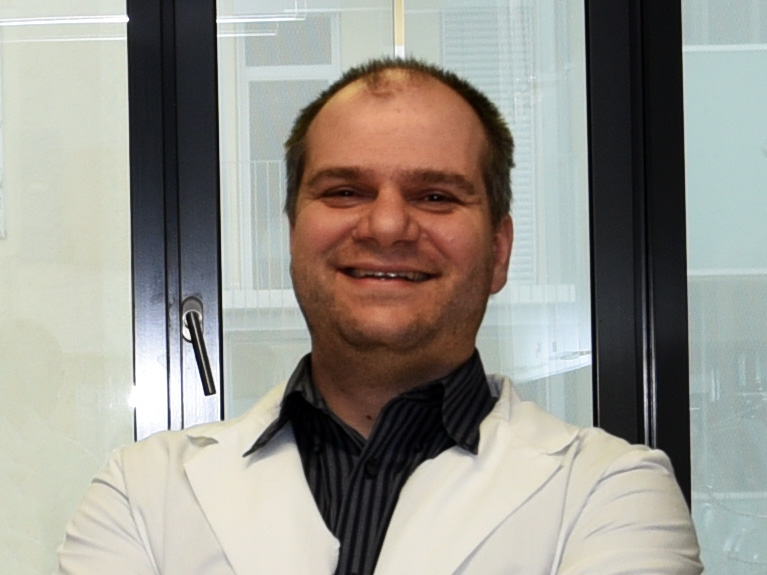Nur abgekochtes Wasser und durchgegarte Speisen konsumieren ist eine Gesundheits-Grundregel für Individualreisen in südlichere Gefilde. In mit Fäkalien verunreinigten Gewässern gedeiht nämlich unter anderem das Bakterium Vibrio cholerae. Wie es dort überlebt und sich vermehrt, bevor es im Menschen die lebensbedrohliche Durchfallerkrankung auslösen kann, untersuchen WissenschafterInnen weltweit. So wollen sie neue Strategien gegen die Seuche entwickeln und die explosionsartigen Cholera-Ausbrüche bereits in der Entstehung bekämpfen. Das Team um Kristina Schild-Prüfert und Stefan Schild vom Institut für Molekulare Biowissenschaften der Universität Graz haben erste Erkenntnisse gewonnen, wie Vibrio cholerae räuberischen Fadenwürmern in der Umwelt entkommen. Die Ergebnisse wurden im Journal mSpheres veröffentlicht.
Fadenwürmer, die sowohl im Meer, im Süßwasser als auch im Erdboden vorkommen, haben unter anderem Bakterien auf dem Speiseplan und sorgen damit für hygienischere Bedingungen in ihrer Umwelt. Der Cholera-Erreger hat allerdings einen Weg gefunden, diesen Gegner zu überwinden. „Er besiedelt den Verdauungstrakt des Wurms und setzt dabei Stoffe frei, die Entwicklung und Wachstum des Fressfeindes behindern“, beschreibt Schild. Die befallenen Tiere erreichen das Erwachsenenstadium nicht mehr und können sich folglich auch nicht fortpflanzen. Das Grazer Team hat unter anderem jenes Gen identifiziert, das für die Besiedelung und Kolonisierung des Fadenwurms verantwortlich ist.
Die Studie zeigt außerdem, dass das Bakterium für diese Abwehr völlig andere Mechanismen in Gang setzt als im menschlichen Körper. Die ForscherInnen wollen zukünftig das Wechselspiel zwischen dem Krankheitserreger und seinem Fressfeind noch weiter untersuchen, und möglicherweise Strategien erarbeiten, wie Vibrio cholerae bereits in der Umwelt dezimiert werden kann. „Wir haben hier wissenschaftliches Neuland betreten. Ein besseres Verständnis wo und wie menschliche Pathogene zwischen den Ausbrüchen existieren, kann hoffentlich zu neuen Ansätzen zur Eindämmung von Seuchen beitragen“, betont Schild.
Die Forschungen wurden vom österreichischen Wissenschaftsfonds FWF im Rahmen des Doktoratskollegs „Molekulare Enzymologie“ sowie durch die NAWI-Graz-Frauenförderung finanziert.
Monday, 28 May 2018
